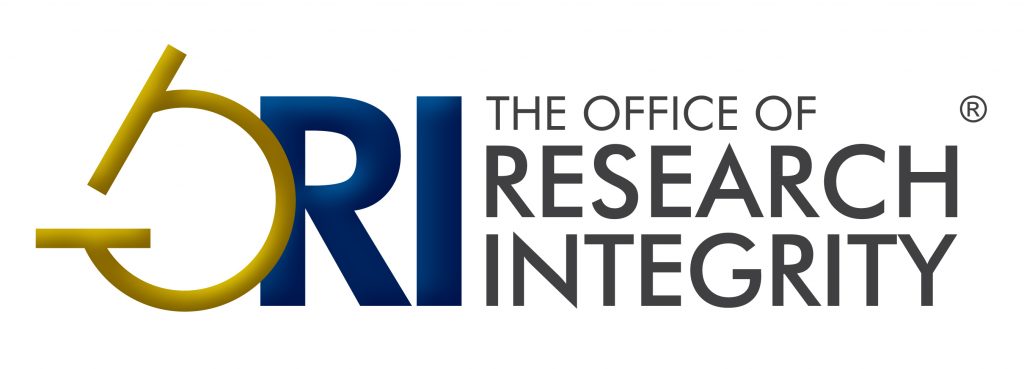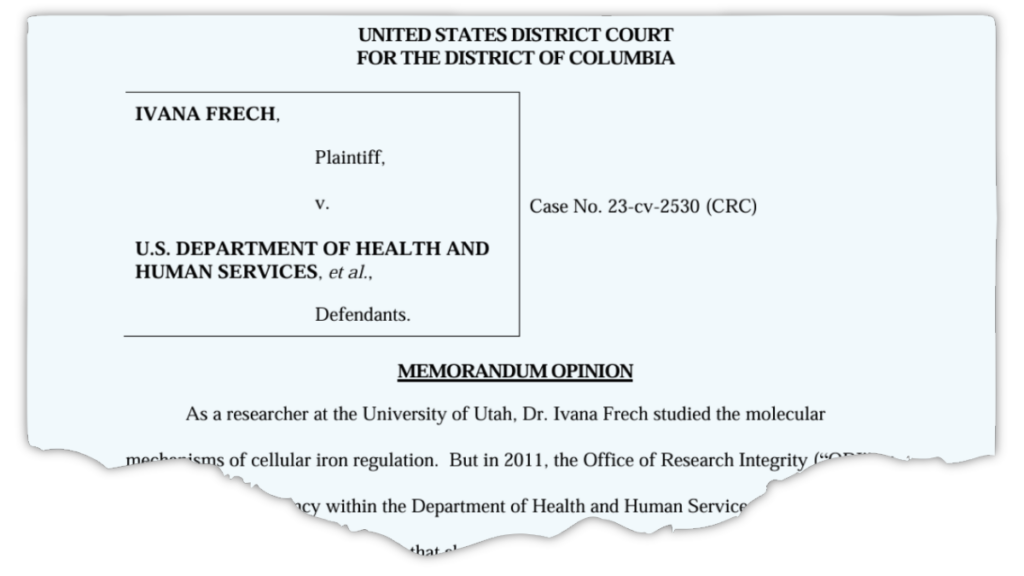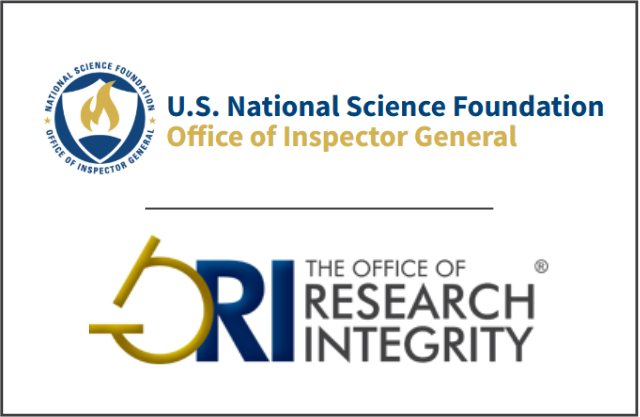A former cancer researcher at University of Oklahoma Health Science Center has been barred from participating in federally funded research without supervision for three years after the U.S. Office of Research Integrity found he falsified data in grant applications.
Daniel Andrade committed research misconduct by falsifying data in two grant applications, according to a summary published Feb. 6 on the ORI website and to be published in the Federal Register. The finding is the agency’s first in 2026 and follows just two findings in 2025.
Now a scientist at Cytovance Biologics, according to LinkedIn, Andrade did not return messages seeking comment. ORI also did not get back to us.
Continue reading U.S. ORI’s first finding of 2026: Researcher faked data in grant apps






